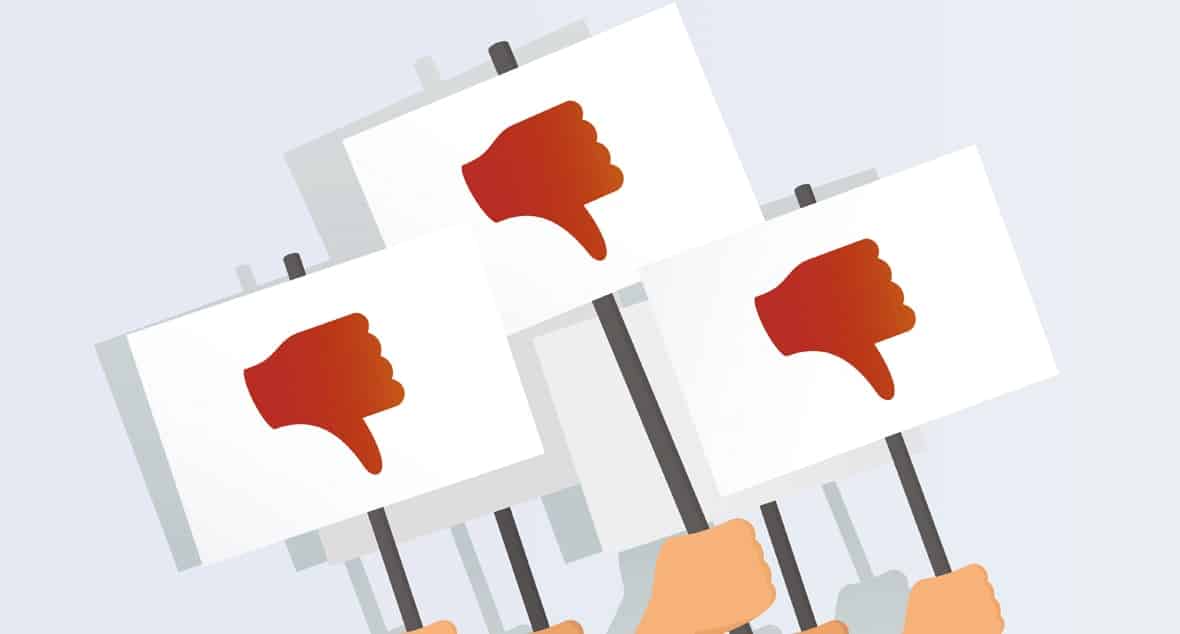
Face the blame
LPM’s people guru Polly Jeanneret talks Love Island, social media slander and secret HR meeting recordings
Q I have noticed that you talk a lot about ‘difficult’ or ‘temperamental’ partners. But in my experience it’s the clients that are the worst. We have one who treats our staff pretty shoddily: shouty, critical, unpleasant. Another told an associate recently that she belonged on Love Island!
A Belonging on Love Island: was that supposed to be an insult or a lewd insinuation? Either way, it crossed a boundary. I am heartily glad that you raise the problem of tricky clients. Partnerships can be reluctant to concede that the paying customer is often far from perfect. In a service business, what the client says goes. Lawyers and staff on the frontline with such people should be supported. There are skills you can teach about how to deal with shouty and critical clients. For example – don’t take it personally. Also, the more they raise their voice, the more you should lower yours – I tried this with my kids when they were very small; it works! There is a limit to what staff should put up with, however, so listen when they say: “Enough of the Love Island lines, already.”
Q A junior lawyer posted a news story about immigration with the comment ”Muslims should stay out of our Christian country” on his Facebook page. Unfortunately for us, a colleague of his complained about the post to HR. The firm is not mentioned on the lawyer’s page, and the post was not made when he was in the office. What kind of response should we make?
A Isn’t it time that social media is renamed ‘anti-social media’ since most of it appears to be full of hate and bile? You are right that the problem here is that you can’t ‘un-know’ what you now know. You would be advised to take some sort of action: the firm will be judged on the steps that it takes to ensure that such discriminatory material is not tolerated among colleagues. But what steps exactly? The junior lawyer’s comments were not posted in a ‘work situation’, and the firm is not mentioned. It will be a disciplinary matter because the post has crossed over into the public sphere, and a cue for training. It’s also an opportunity to remind staff of two truths. First, nothing on social media is really private. Second, in increasingly inflammatory times, the workplace should be a space where we can only, and always, be professional.
In a service business, what the client says goes. Lawyers and staff on the frontline with such people should be supported
Q In an attempt to diffuse a situation, HR had a series of meetings with a senior member of our IT team who had raised issues of bullying in the team. After the meeting, it turned out that the individual had hidden their phone and used it to record the conversations with HR. What do we do now?
A We all know that covert recording is grounds for misconduct, so it’s a potential disciplinary matter. However, the courts might show clemency if the recordings reveal something relevant, and if the actions were done in good faith. In a recent EAT case, where a claimant had made hidden recordings, the worst that happened was that her compensatory award was reduced by 10%. Any disciplinary process needs more information. Why did they think it necessary to covertly record meetings? What do the recordings reveal? And, out of interest, where on earth did they hide the phone so that it could make a decent recording and yet remain unseen?



